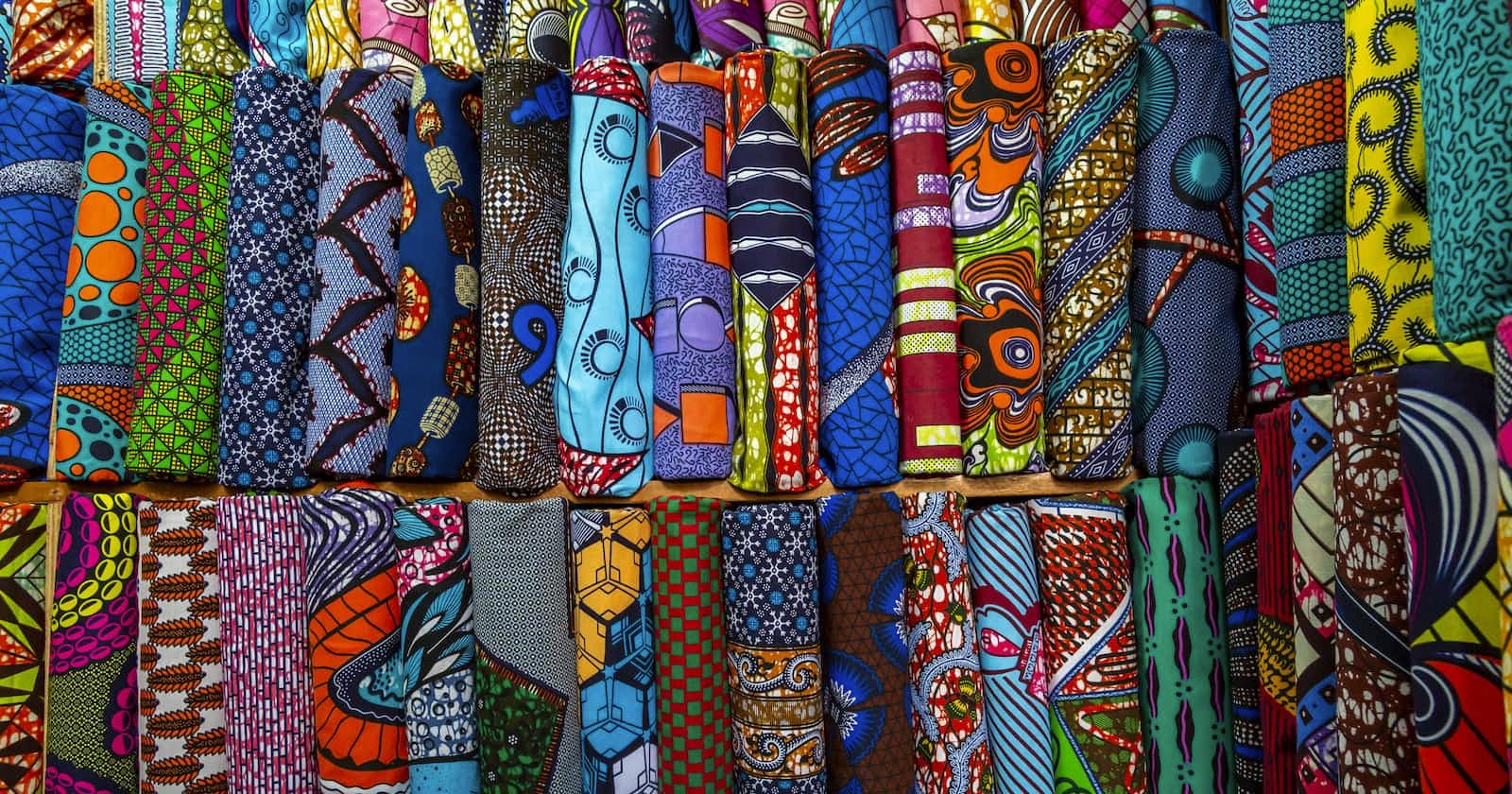
FeedShield: Empowering Women Politicians in Kenya to Combat Online Gender-Based Violence
Introduction to Feedshield
To address the growing violence and trolling against women in Africa, Code for Africa - the largest civic tech organization in the continent - partnered with Google’s Jigsaw. They developed FeedShield.
FeedShield is a free, web-based tool that employs machine learning technology. It allows Twitter users to document and manage online harassment and abuse.
Prevalence of Online Gender-Based Violence
It is crucial to understand how online violence affects women politicians. This will help us understand and appreciate the work FeedShield does.
A recent study on sexism and violence against women in African parliaments revealed alarming statistics on sexism and violence against women in African parliaments. Shockingly, at least 42% of women parliamentarians reported receiving death threats, rape threats, or threats of physical harm or abduction, particularly online.
In Kenya, women politicians have not been spared. Popular female politicians like Esther Passaris, Millicent Omanga and Susan Kihika have been victims of targeted gendered disinformation and harassment, Especially on Twitter.
After her divorce in 2018, Susan Kihika, Nakuru's Governor faced bullying for prioritizing politics over monogamy. In a disturbing turn of events, some individuals on Twitter demanded that Kihika share her nude photos to prove she is not a man. A policy brief by KICTAnet details further.
Speaking during the launch of the Stop Cyberbullies Now! campaign earlier this year, Kirinyaga Governor Ann Waiguru expressed concerns that women politicians may feel compelled to self-censor or completely withdraw from public spaces due to the prevalence of cyberbullying.

Image from Pexels
My Experience Using FeedShield
As an early adopter of the tool, I have experienced the ease of integrating FeedShield into my online presence. I activated the tool by linking it to my Twitter account. Shortly after, The machine learning algorithms analyzed and filtered abusive comments.
The results showed that I had received 2 negative comments in the last 3 days. The filtered comments were blurred. It is quite impressive to note that the platform gives you a choice to view or hide those comments.
In the final step, FeedShield provided a convenient Google Form link to share the report and additional details for further investigation by Code for Africa's team of forensics experts, who can help unmask the trolls and bullies on Twitter.
I ended up saving my report and proceeded to engage on my Timeline. It is really important to note that this investigation step is optional and will be conducted based on your specific request and regarding the type of attack you face on Twitter.
Image by Pixels
The Role of Feedshield in Combating OGBV
I have had a great experience using FeedShield. Having a tool at my disposal to collect evidence of harassment and bullying means I can freely express myself and engage in conversations on Twitter. FeedShield identifies negative comments and allows the user to block, and mute trolls and bullies. This proactive approach makes it an efficient tool for countering online harm.
Additionally, Feedshield provides support and resources to victims of online harassment. Through their partners, they offer digital forensic investigations, counseling services, and digital security training to empower women politicians to protect themselves and continue their important work without fear.

Image from Pexels
Conclusion
In a world where online harassment and gender-based violence continue to plague women politicians, organizations like Code for Africa are beacons of hope. The fight against gender-based violence is far from over, but platforms like FeedShield provide support in making substantial progress.
Together, we can create a safer, more inclusive online environment for women politicians. I encourage all women facing violence on Twitter to join me and explore the superpower of FeedShield.
